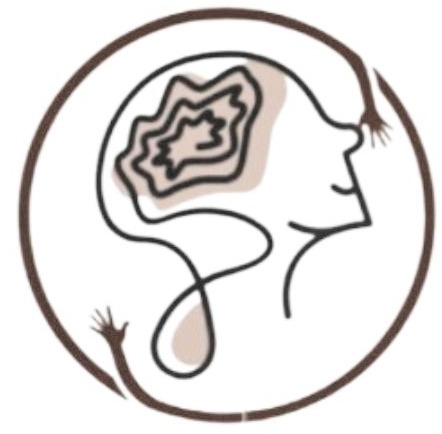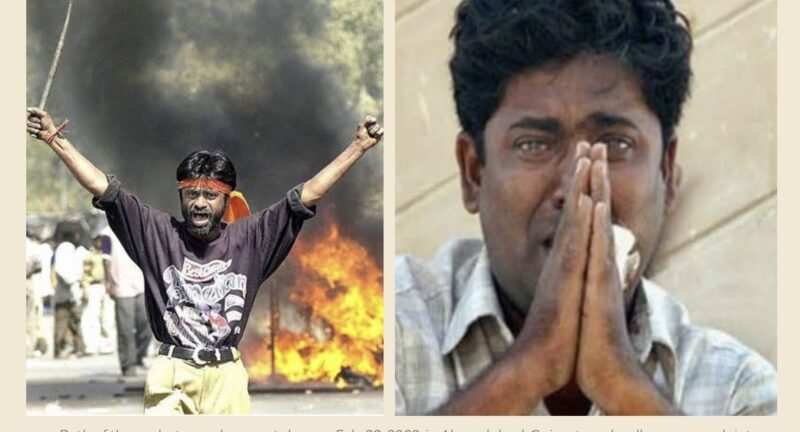
Why Do We Feel Tired All the Time? A Relational Perspective
In our increasingly fast-paced world, fatigue is a common complaint. But often, chronic tiredness goes deeper than a lack of sleep or a busy schedule—it’s rooted in emotional, relational, and cultural dynamics that silently weigh us down. From a psychoanalytic and relational perspective, fatigue can be seen as the body and mind’s way of signaling an imbalance or a cry for deeper self-awareness.
Fatigue as a Mirror of Emotional States
Fatigue often reflects what we’re holding onto emotionally. Think of it as a symptom of carrying too much invisible weight—unresolved conflicts, suppressed feelings, or unspoken fears. For instance, a fear of failure might make someone overwork themselves, while avoiding rest due to guilt can lead to relentless fatigue.
Take Arjun, for example. A young father juggling a demanding job and family life, Arjun feels exhausted every day. On closer reflection, he realizes his tiredness isn’t just physical. It stems from his unresolved anxiety about providing for his family, driven by an unconscious fear of repeating his own childhood experience of financial instability.
The Cultural Context of Fatigue
In India, where interdependence often takes precedence over individual autonomy, fatigue is closely tied to cultural dynamics. Indian society places immense value on roles like being the “ideal son,” “selfless mother,” or “strong breadwinner,” leaving little room for emotional rest or personal exploration.
A recent trend among urban Indian men showcases the emotional toll of modernity and tradition colliding. For instance, men who work in corporate environments often struggle to reconcile professional aspirations with traditional family expectations. This dual pressure can leave them feeling drained, not just from physical labor but from the emotional load of navigating conflicting identities.
Relational psychoanalysts note that fatigue in such cases arises from the tension of holding two selves: the one striving for external validation and the one yearning for authenticity.
The Role of Unprocessed Trauma
Unprocessed trauma—whether big or small—plays a significant role in chronic fatigue. Relational wounds from childhood, such as feeling unseen or undervalued, often linger into adulthood. These wounds silently influence our choices and behaviors, draining our energy over time.
Consider Nisha, a successful artist who constantly feels the need to prove her worth. Her drive stems from a childhood where her achievements were the only way to gain her parents’ attention. Now, as an adult, she struggles to rest, fearing that slowing down will make her insignificant. Her fatigue is a signal of the emotional wounds that remain unhealed.
Relational Aspects of Fatigue
Relationships are meant to energize us, but when dynamics are unbalanced, they can drain us instead. A one-sided friendship, an overly critical partner, or unresolved family conflicts can leave us feeling perpetually tired.
From a relational psychoanalytic perspective, these dynamics often reflect early attachment patterns. For example, someone who grew up needing to earn affection may unconsciously recreate this dynamic in adult relationships, constantly giving but rarely receiving, which eventually leads to emotional burnout.
Kavita, a single mother, experiences this firsthand. She spends her days caring for her children and her elderly parents, but rarely asks for help. Her exhaustion stems not just from her responsibilities but from the unspoken belief that her worth is tied to how much she gives.
The Modern-Day Paradox: Always On, Never Rested
Modern technology and cultural norms have further complicated our relationship with rest. The constant ping of notifications, the pressure to stay connected, and the glorification of hustle culture create an environment where true rest feels indulgent, even irresponsible.
Ironically, the roots of this predicament can be traced back to the Enlightenment and the scientific revolutions that followed. As machine intelligence and automation began to develop, these advancements were heralded as tools to save time and simplify human labor. The hope was that humans would finally have more leisure, more opportunities for creativity, and a chance to live fuller lives. Yet, the opposite seems to have occurred. Instead of gaining time, we find ourselves running faster on a never-ending treadmill of productivity.
Machines and technology haven’t freed us; they’ve raised expectations. They’ve enabled us to work faster and longer, making us feel that rest is a luxury we can’t afford. In this always-on culture, it’s not just our time that’s being consumed but also our emotional bandwidth. The constant cycle of checking emails, responding to notifications, or scrolling social media doesn’t merely drain our time; it pulls at our emotional energy, leaving us perpetually fatigued.
This paradox highlights a critical relational dimension: how we relate to time, work, and ourselves. Are we using technology to enhance our lives, or are we letting it dictate our worth and identity? Recognizing this dynamic is crucial for reclaiming rest and redefining the balance between productivity and well-being.
Listening to Fatigue: A Path to Healing
Fatigue, when viewed through a psychoanalytic lens, is a message from the body and mind. It’s an invitation to pause and reflect on what might be out of alignment.
Acknowledging Emotional Roots: Start by exploring what your fatigue might be telling you. Are there unresolved feelings you’re avoiding? Are your relationships balanced, or do they require more emotional labor than you can give?
Setting Boundaries: Learn to protect your energy by setting limits in relationships, work, and personal commitments. This doesn’t mean shutting people out—it means recognizing what you can realistically offer without depleting yourself.
Seeking Authenticity: Reflect on whether you’re living in alignment with your true desires or adhering to societal and relational expectations at the cost of your well-being.
Professional Help: Therapy can provide a safe space to unpack these dynamics, helping you understand how past experiences and relational patterns contribute to your fatigue.
Conclusion: Fatigue as a Guide
Fatigue is not the enemy; it’s a signal. Instead of viewing it as a problem to fix, consider it an opportunity to delve deeper into the emotional and relational aspects of your life. By addressing the unspoken conflicts, unmet needs, and societal pressures that contribute to your exhaustion, you can begin to heal. In doing so, you’ll not only reclaim your energy but also foster a more authentic and fulfilling connection with yourself and others.
Related Posts
Reclaiming Your Voice: The Journey to Expressing Needs Through a Relational Lens
For many, the idea of expressing personal needs feels uncomfortable, even...
Men’s Mental Health and Masculinity in India: A Relational and Cultural Lens
In the evolving discourse on mental health, men’s struggles often remain...


